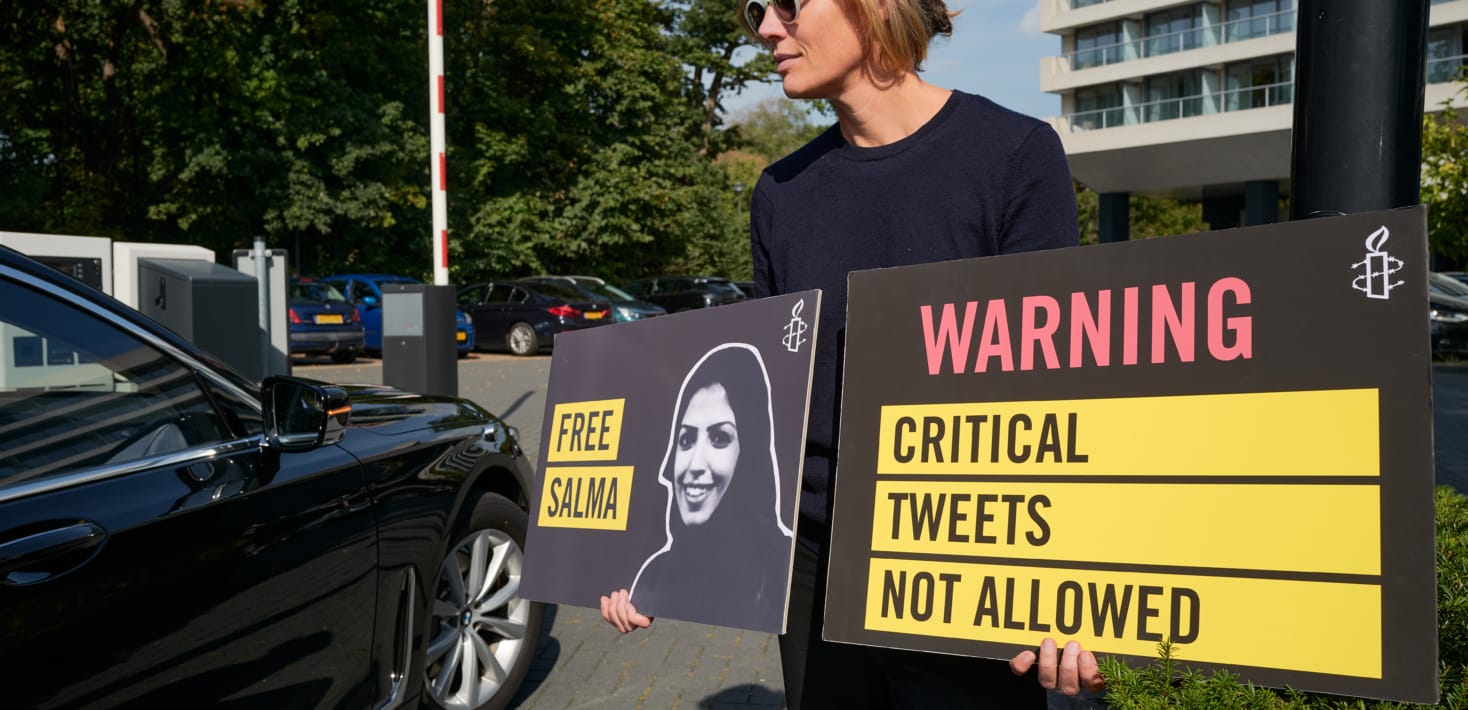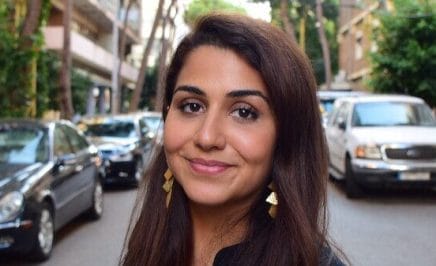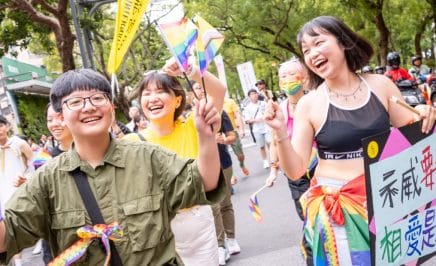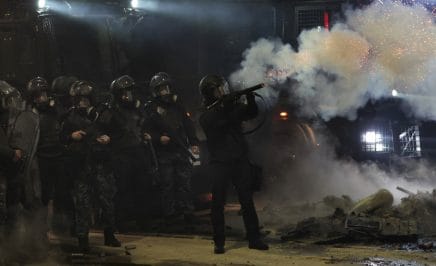Saudi Arabia’s authorities must immediately and unconditionally release people who have been detained and convicted solely for exercising their right to freedom of expression online as the country prepares to host the annual United Nations Internet Governance Forum (IGF), Amnesty International said today.
The forum, which runs from 15 to 19 December, includes a focus on “advancing human rights and inclusion in the digital age”; yet dozens of individuals, including human rights defenders, a medical doctor and an aid worker, remain detained in Saudi Arabia, solely for expressing their views online. A petition calling for their release has received more than 100,000 signatures and was delivered to Saudi embassies around the world, including in in Canada, Norway and Spain, by Amnesty International’s activists.
Forty organizations, including Amnesty International, had urged Saudi authorities to free individuals arbitrarily detained for online expression 100 days before the start of the forum.
“While Saudi authorities lead discussions on shaping the future of Internet governance, they continue to lock up, forcibly disappear and impose decades-long prison sentences and travel bans for people’s online expression. Now is the time to demonstrate their commitment to respecting and upholding freedom of expression, including freedom of expression online. Unless all detainees held for online expression are immediately and unconditionally released, the hypocrisy of the authorities will be on full display,” said Bissan Fakih, Amnesty International’s Middle East Campaigner.
“While Saudi authorities lead discussions on shaping the future of Internet governance, they continue to lock up, forcibly disappear and impose decades-long prison sentences and travel bans for people’s online expression.
Bissan Fakih, Amnesty International’s Middle East Campaigner
This month, just weeks before Saudi Arabia hosts stakeholders from all over the world to discuss “advancing human rights in the digital age”, the family of Manahel al-Otaibi, a fitness instructor and women’s rights activist learned that the Specialized Criminal Court’s (SCC) appeals chamber had upheld an 11-year prison sentence against her. Her charges are solely motivated by the expression of her views on social media, including advocating for women’s rights, and an end to Saudi Arabia’s male guardianship system.
Manahel al-Otaibi is currently once again being held incommunicado, raising fears that she may be subjected to torture or other ill-treatment. After her last period of incommunicado detention, which came to an end on 1 September 2024, Manahel al-Otaibi told her family that she had been subjected to brutal beatings by fellow prisoners and prison guards and held in solitary confinement. Her family has been denied information by prison authorities and is deeply worried about her well-being.
Even foreign visitors to Saudi Arabia can be at risk of being imprisoned solely for expressing their views online, including criticism of the Saudi authorities made prior to their arrival in Saudi Arabia. For example, Saudi authorities detained Dutch-Yemeni citizen Fahd Ezzi Mohammed Ramadhan on 20 November 2023, two days after he arrived in Saudi Arabia from the Netherlands. He told officials from the Dutch embassy in Riyadh that he had sympathized online with a critic of the Saudi royal family and believed, based on interrogations, that was the reason for his detention. The crackdown on dissent has deterred many civil society organizations and advocates from attending the IGF, fearing that they cannot safely and freely participate in the conference.
“The IGF organizing committee must seek further public assurances from the Saudi authorities that that none of the IGF participants will face any harassment during the conference or reprisals after it ends, including arbitrary detention and surveillance, and that all participants will be able to speak freely. Otherwise, the event will turn into another despicable charade aimed at sweeping Saudi Arabia’s abuses under the rug,” said Bissan Fakih.
Amnesty International will send a delegation to the UN forum.
The organisation has requested meetings with the Saudi Human Rights Commission and the Ministries of Interior, Justice and Human Resource and Development with a determination to raise the voices of those silenced in Saudi Arabia and to engage in meaningful dialogue with the authorities, and other stakeholders, on the human rights situation in the country. During the visit, Amnesty International’s team will highlight the cases of numerous people in detention. They include: Manahel al-Otaibi; Abdulrahman al-Sadhan, who was sentenced in 2020 to 20 years in prison and a 20-year travel ban for satirical tweets, and remains forcibly disappeared; Mohammad bin Nasser al-Ghamdi, a retired schoolteacher, who is serving a 30-year prison sentence after his death sentence was commuted for criticism of the government’s policies on X (formerly Twitter) and YouTube; Mohammad al-Qahtani, a human rights defender and founding member of the Saudi Civil and Political Rights Association who faces new charges in secretive trial proceedings after his 10-year prison term expired in November 2022; and Salma al-Shehab, a PhD student and mother of two, who has been in prison since 2021, serving an absurdly long prison sentence for her social media posts supporting women’s rights.
“Saudi Arabia has an opportunity to turn its rhetoric about reform into reality. Authorities must first unconditionally release all those arbitrarily detained and/or convicted solely for exercising their rights to freedom of expression, association and peaceful assembly. They must also loosen baseless restrictions on civic space, including by allowing independent Saudi human rights organizations to operate in the country and by engaging in constructive dialogue with human rights groups,” said Bissan Fakih.





